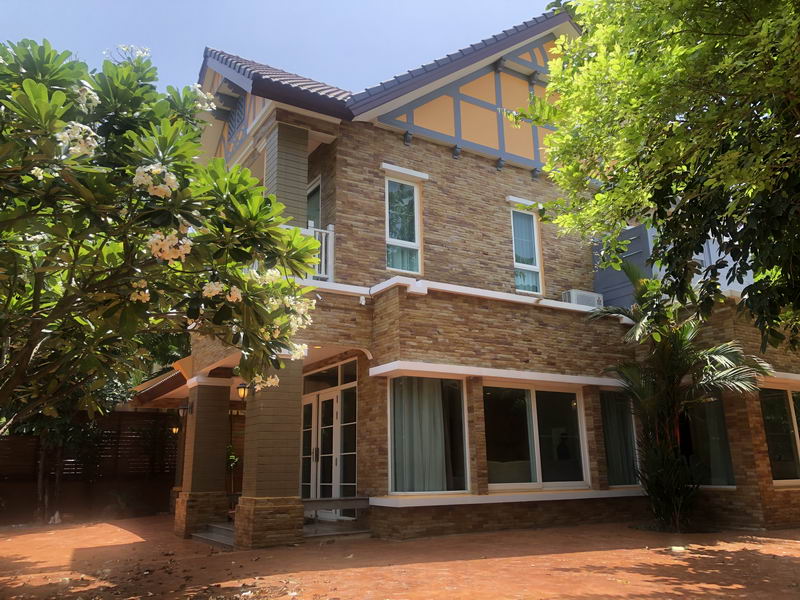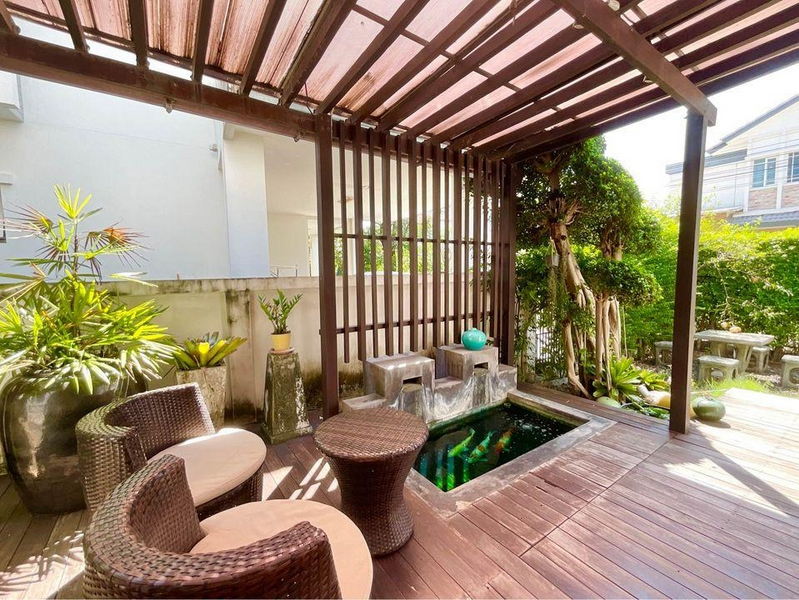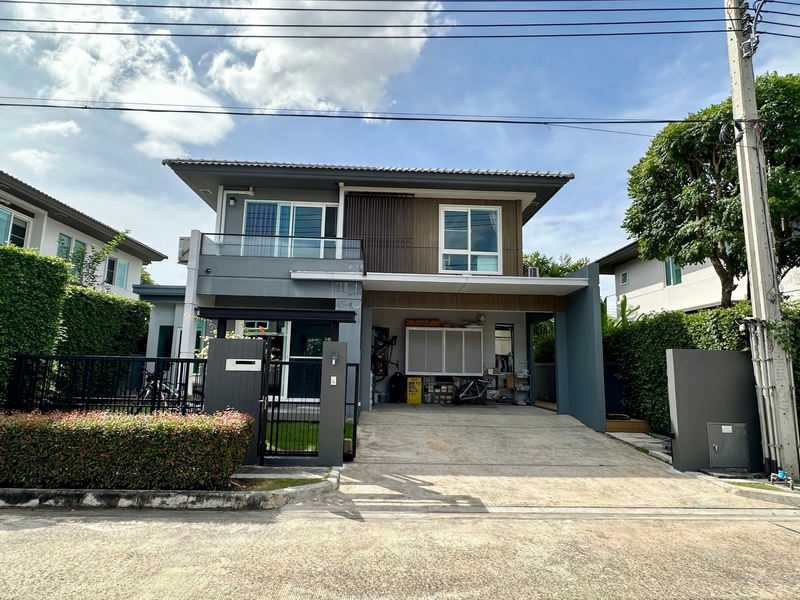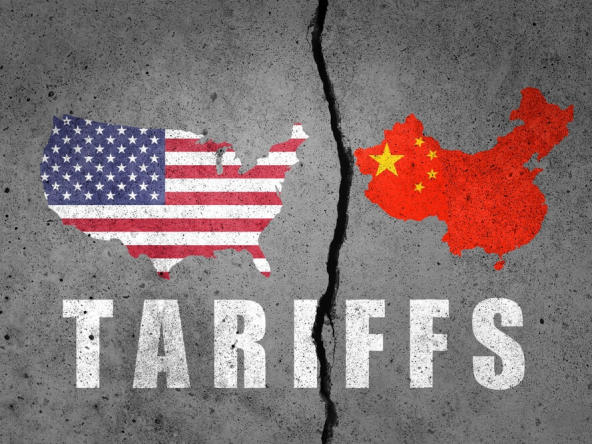Beautiful beaches, sun year round, delicious food and welcoming hospitality wherever you go – Thailand really does have it all for the tourist. And you can see why thousands of foreigners each year invest in property here.
But, that doesn’t mean it’s easy. Navigating the Thai property market can be confusing for some, especially when it’s your first time. One thing to know is that Thailand does not allow foreigners to own land directly. However, the Condominium Act permits foreigners to own freehold units in condo projects.
The two main ways for a foreigner to own properties in Thailand are leasehold and freehold ownership. Let’s take a look at what they mean and the pros and cons of each.

What is Thai Freehold Ownership?
Thai freehold ownership gives you indefinite ownership of a property. The two types of freehold ownership include freehold in a condo unit and freehold through a Thai company acquisition.
- Thai Freehold – As a foreign national, you can own properties indirectly by using a Thai Limited Company. Companies in Thailand can legally own land, of which you can be in control of. The company must have shared ownership with at least two Thai nationals of which you can hold the majority share.
- Foreign Freehold – Each Thai condo unit is allocated a quota of foreign freehold ownership. 49% can be owned by foreign nationals and 51% must be owned by Thai nationals.
Pros and Cons of Freehold Ownership in Thailand
Pros
- Ownership of the property indefinitely
- A good protection for your investment
- Freehold units often command a higher resale price
- Property tax is cheaper when owning a property
- Can vote in property meetings
Cons
- Sometimes higher purchase price
- Increased transfer fees and Land Office taxes
What is Thai Leasehold Ownership?
Thai leasehold means you have the right to occupy a specific building for an agreed amount of time. The landlord hands over possession of the property to the leaseholder, who pays a specific amount.
The lease period is usually 30 years and is given out by the Land Department. If agreed by the owner and leasee, there is a possibility for renewal of the lease for 30 years plus another 30 years, totaling 90 years.

Pros and Cons of Leasehold Ownership in Thailand
Pros
- Around 10 – 15% cheaper than purchasing a foreign freehold
- Lower Land Office registration costs
- Can invest in a wider array of properties such as villas, townhouses, individual houses etc.
- Less worry over property maintenance
Cons
- Leasehold arrangements are initially limited to 30 years
- No right to vote in property meetings
Buying Condos and Houses in Bangkok
Hero Realtor has a great choice of Bangkok properties for sale that have both freehold and leasehold terms. Now you know the difference between the two, you can make some well informed decisions. Here is a handpicked selection of Bangkok condos for sale with freehold terms. Please click here to see Bangkok properties that are available with leasehold terms. Let us help you to find the Bangkok property that suits you needs, buying terms and budget.





